see our beautiful Cavoodle Puppies for sale. Sunshine Coast, Queensland

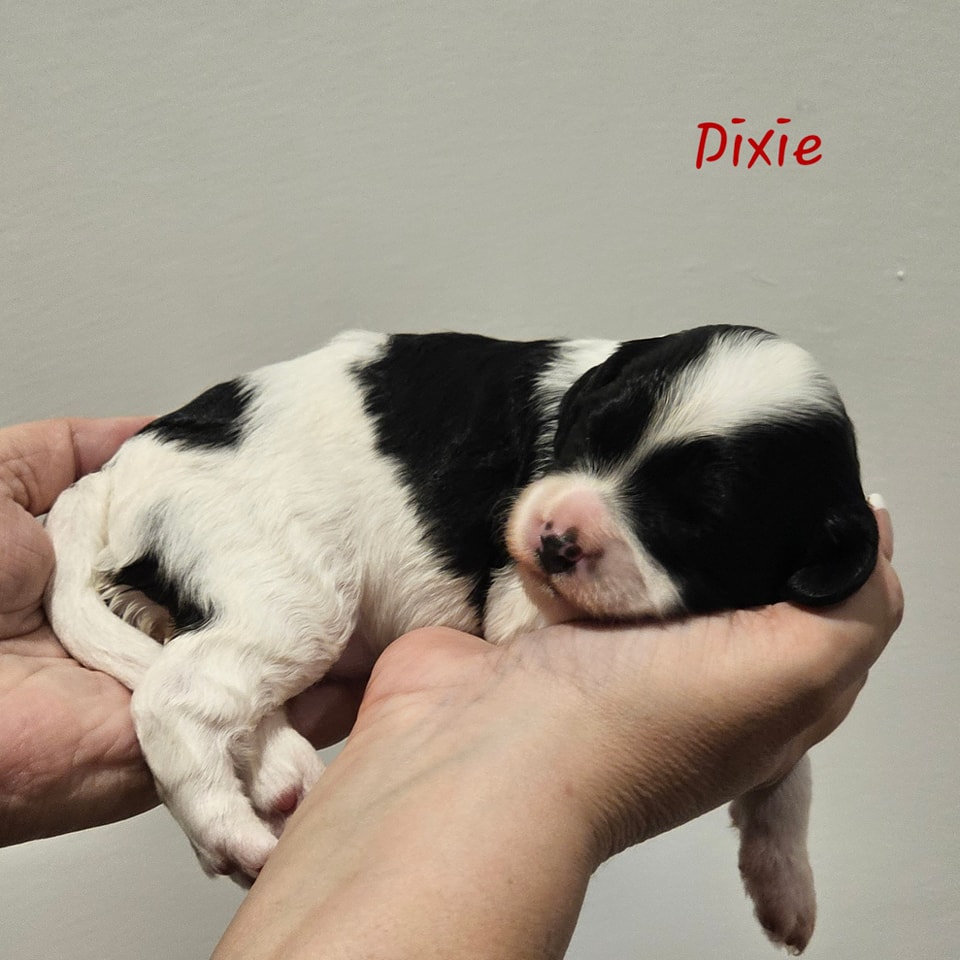
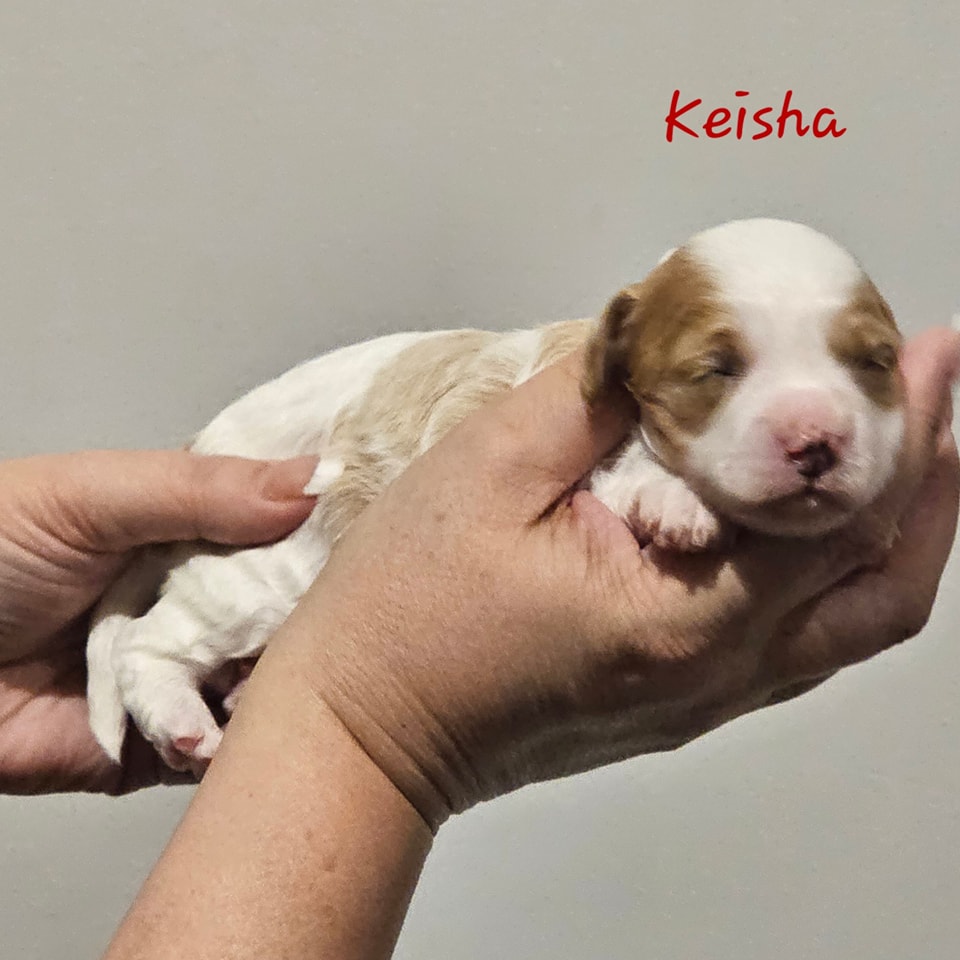
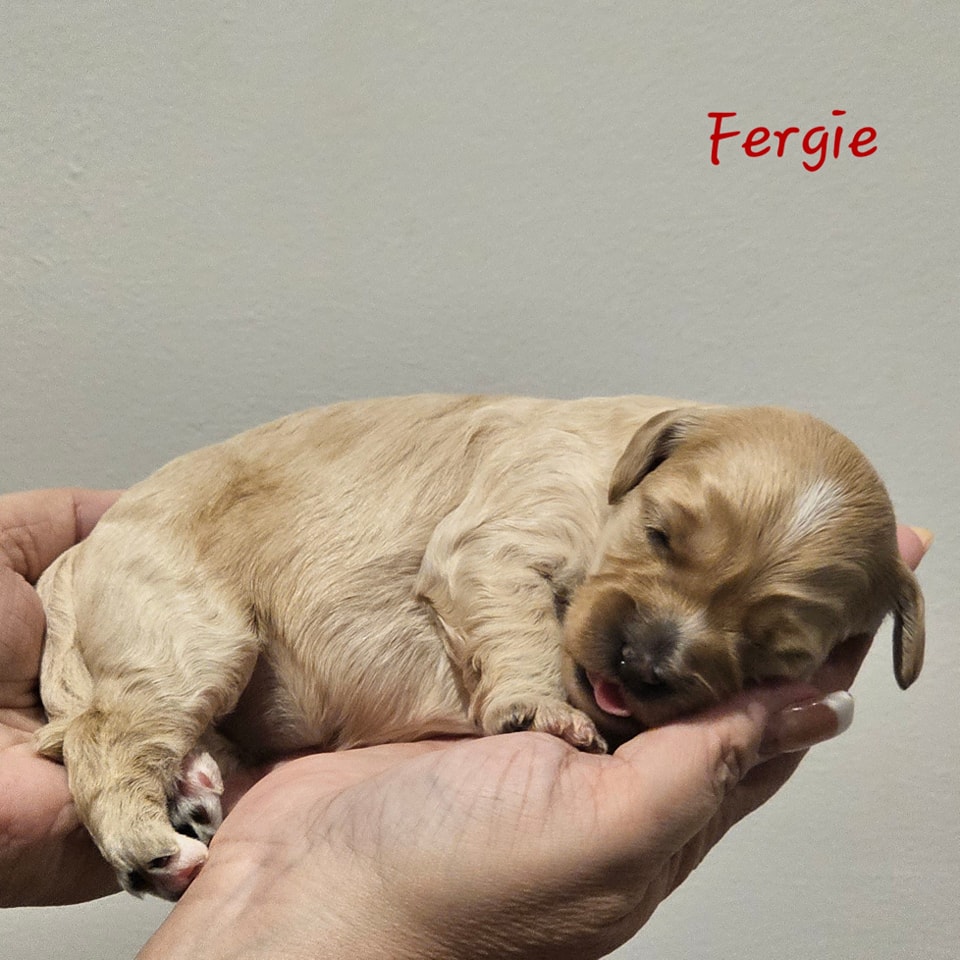
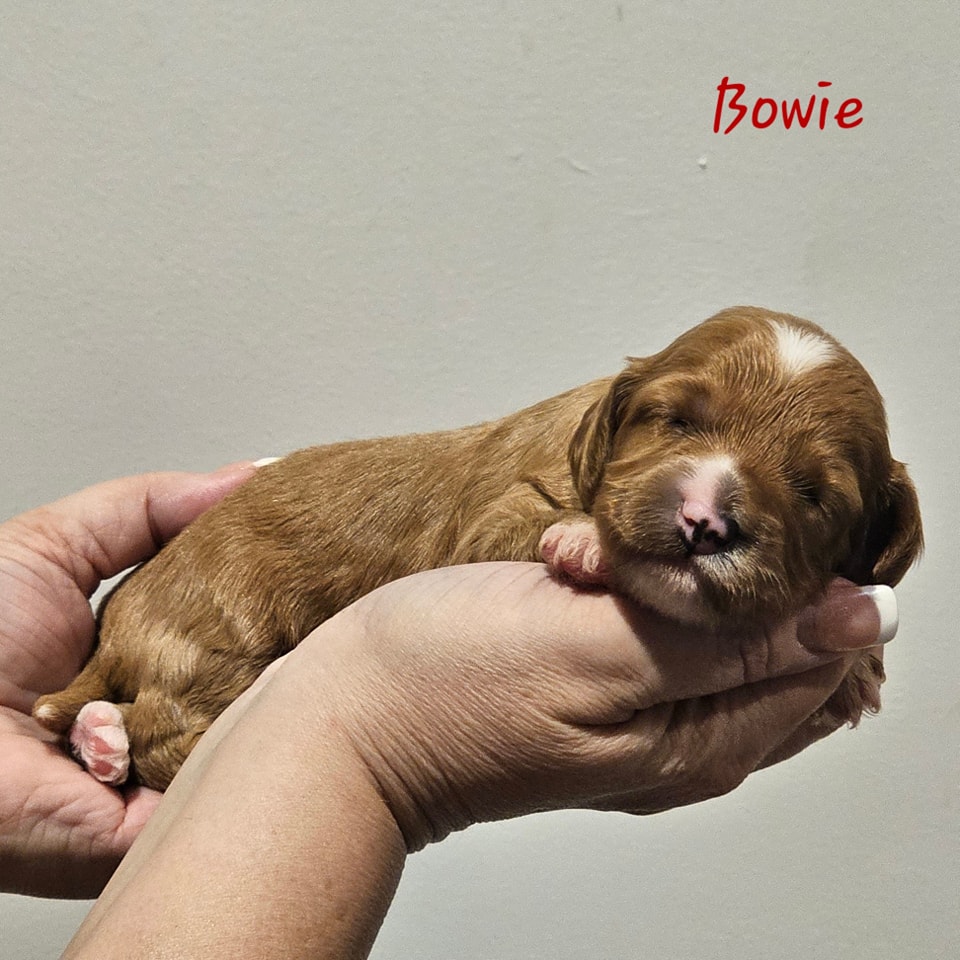
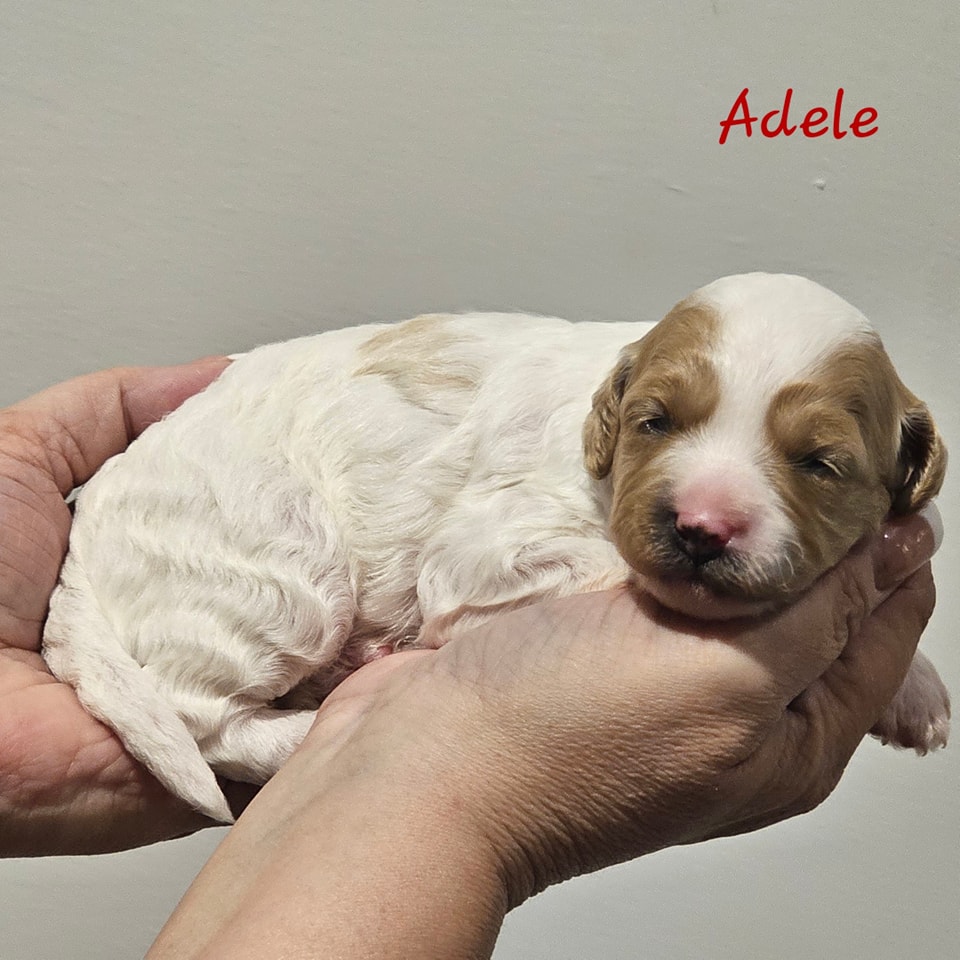
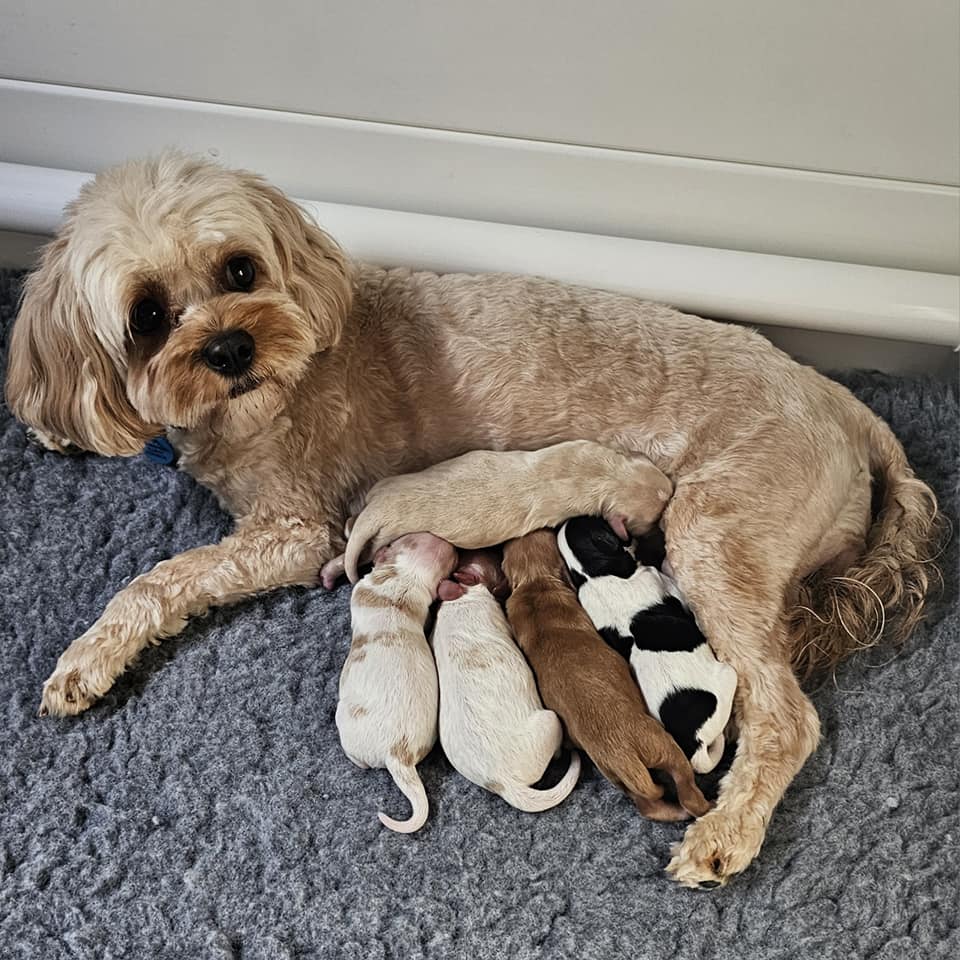



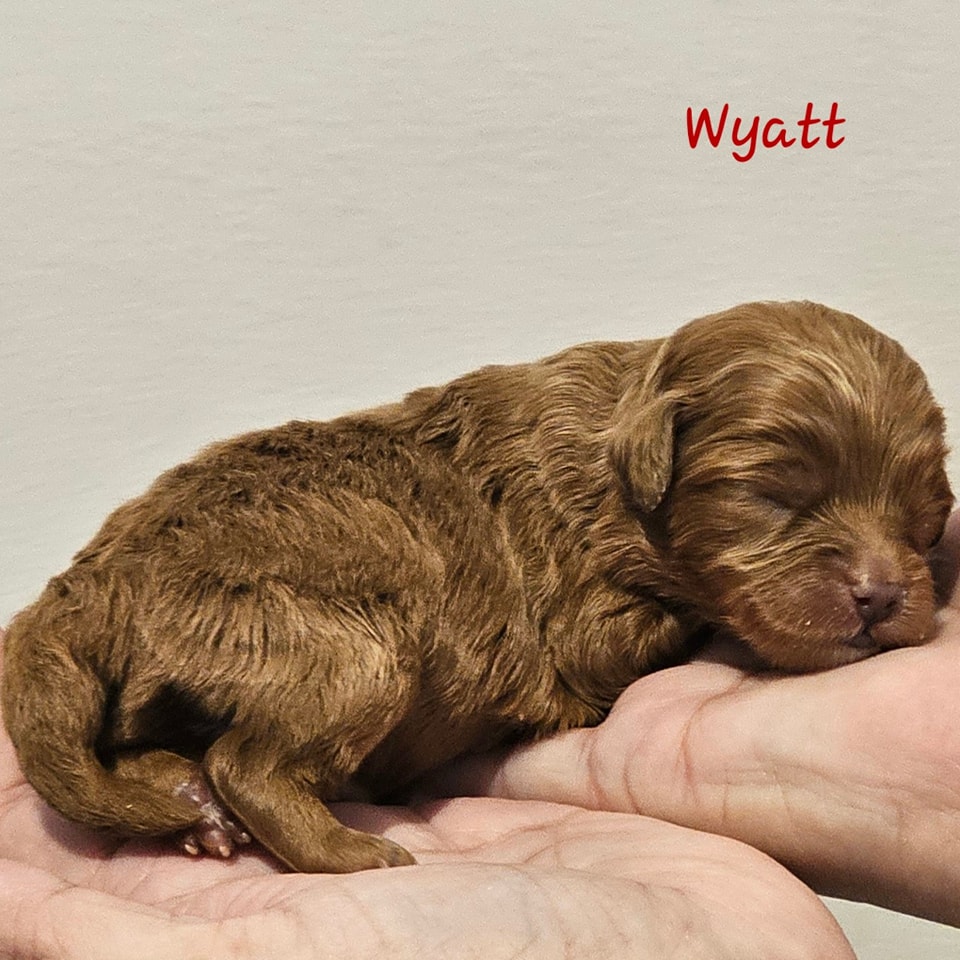
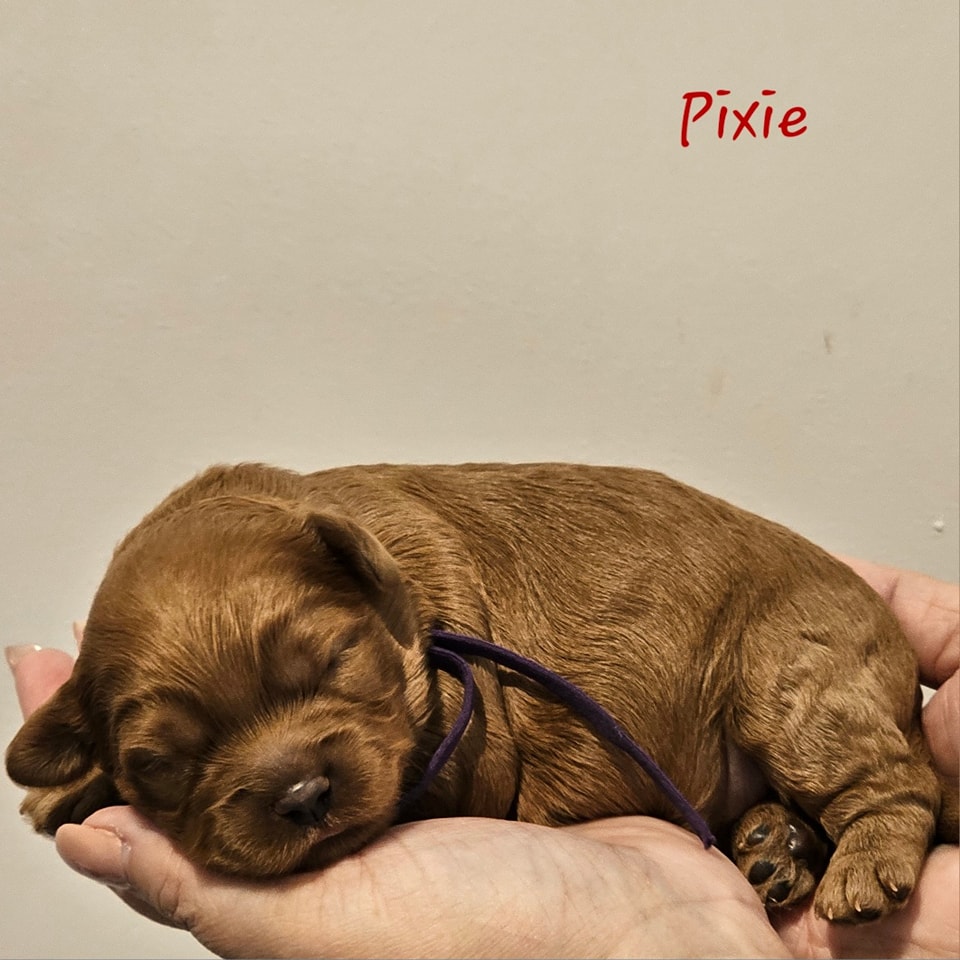
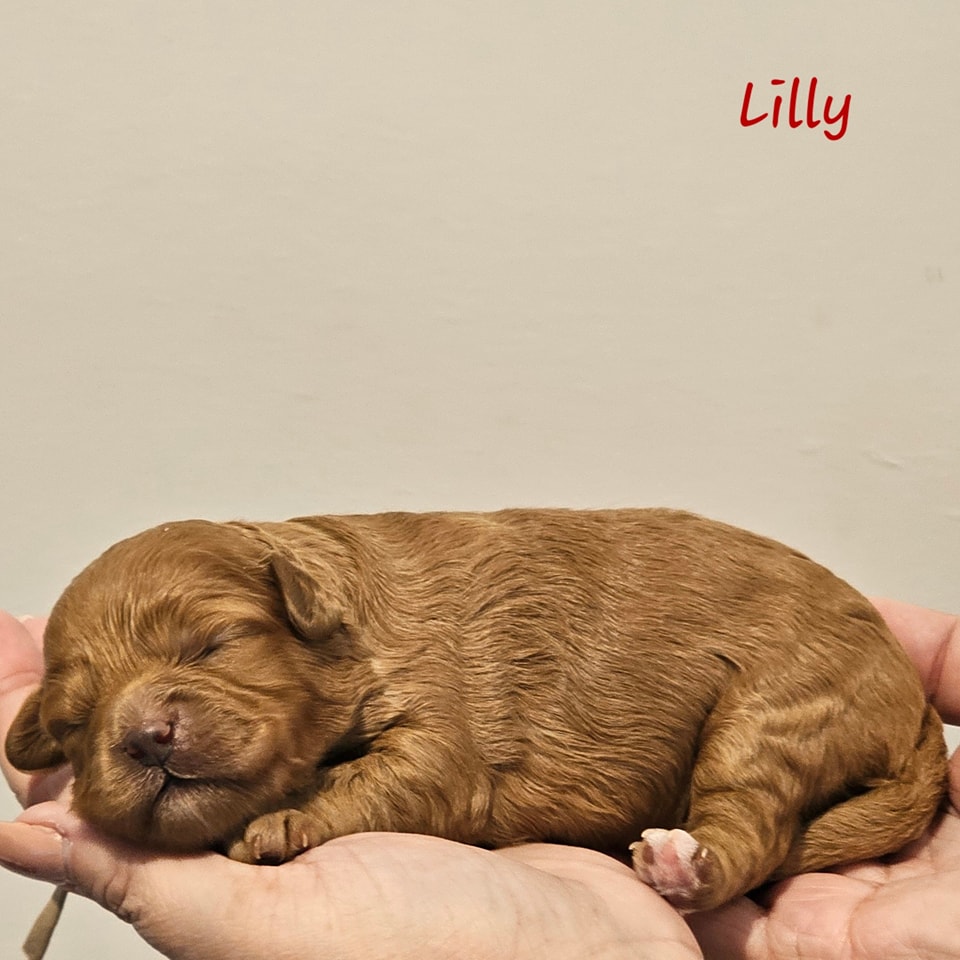

Current Litter just born 2 April 2024
Ready for their forever home from 28 May 2024
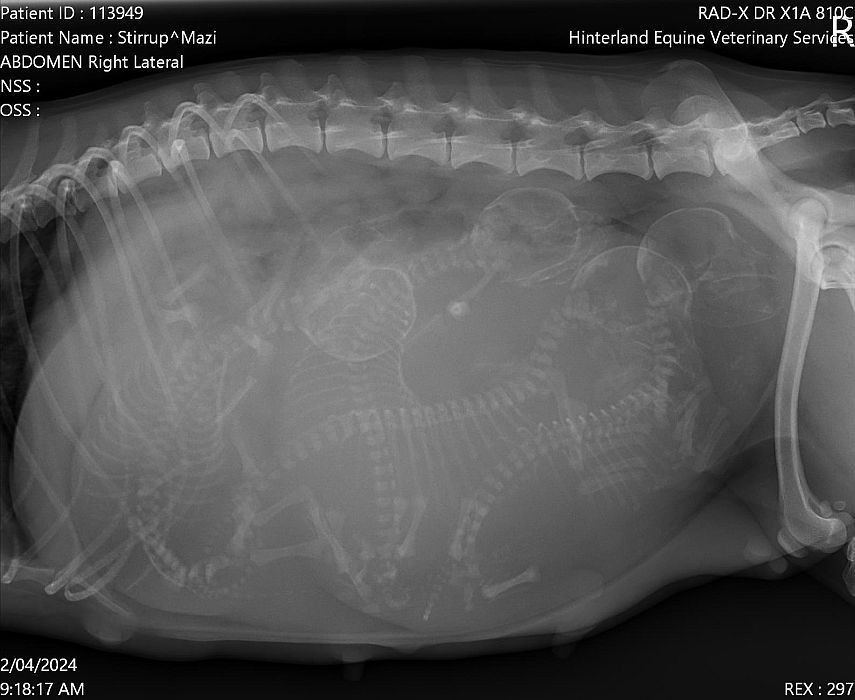
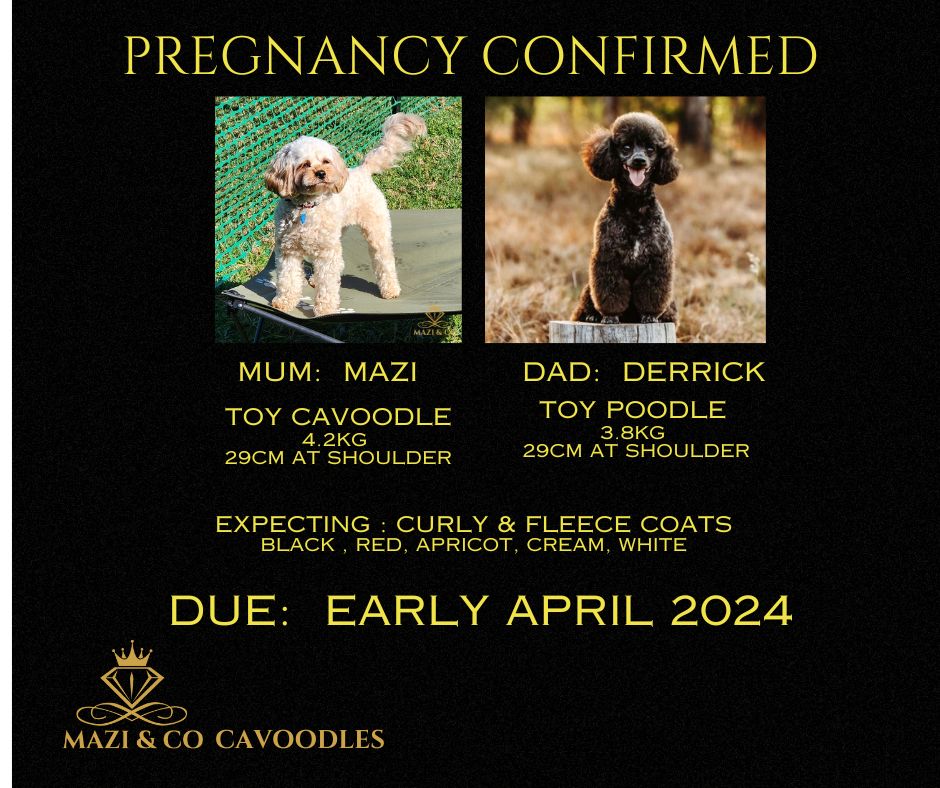

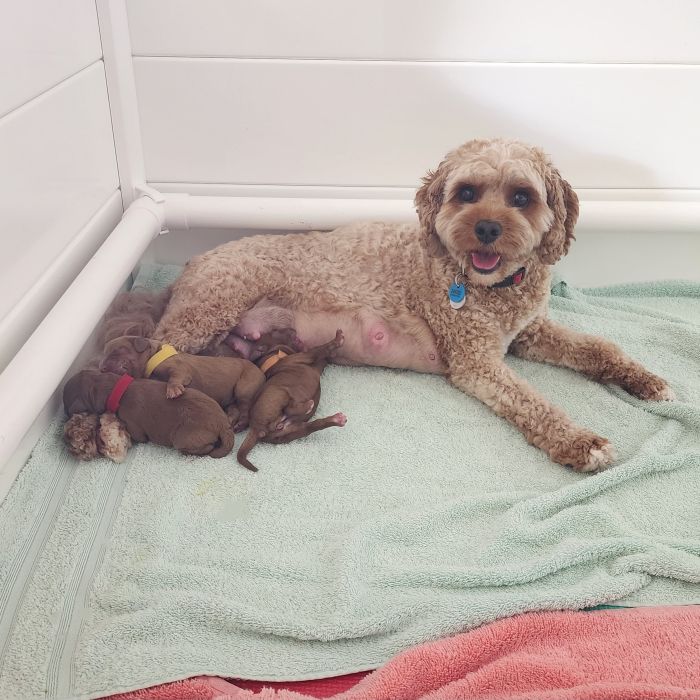
Cavoodle F1
Weight 6.5Kg
Height at Shoulder 35cm
Fleece coat
DNA Clear


F2 Cavoodle
Weight 7Kg
Height at Shoulder 37cm
Fleece coat
DNA Clear
Scarlet
Holly
Honey
Cavoodle Puppies


Holly
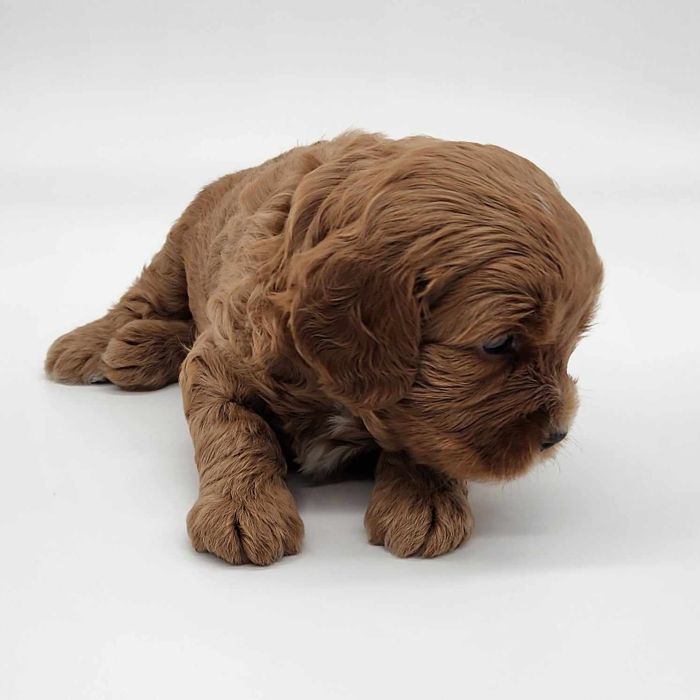
Honey
Cavoodle Puppies



Cavoodle Puppies


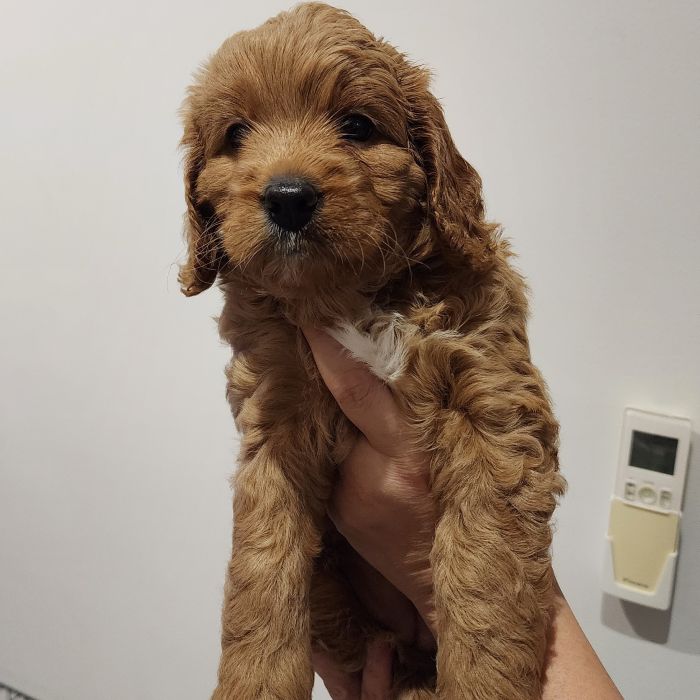
Cavoodle Puppies

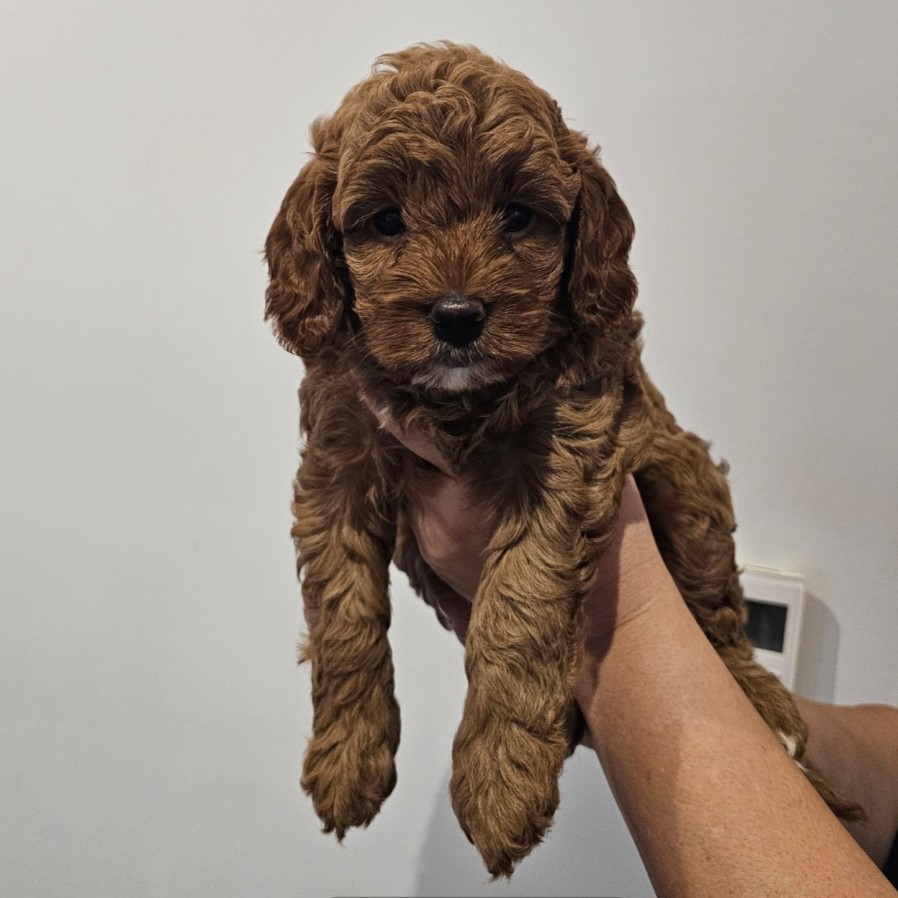

Breeders Identification Number
BIN0011480443287
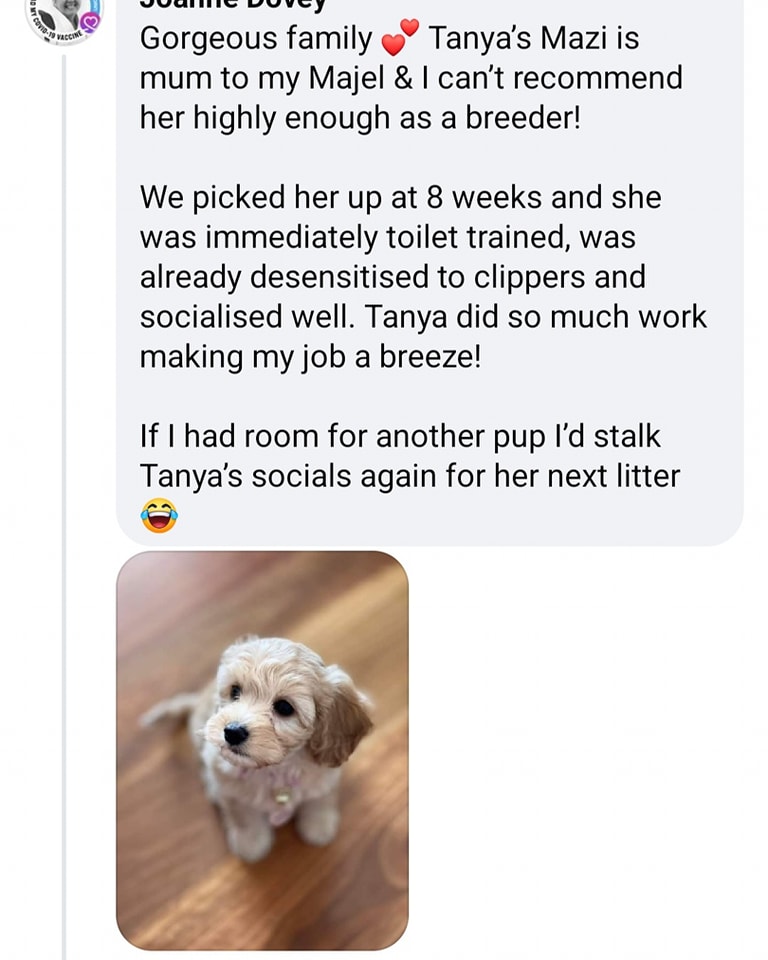
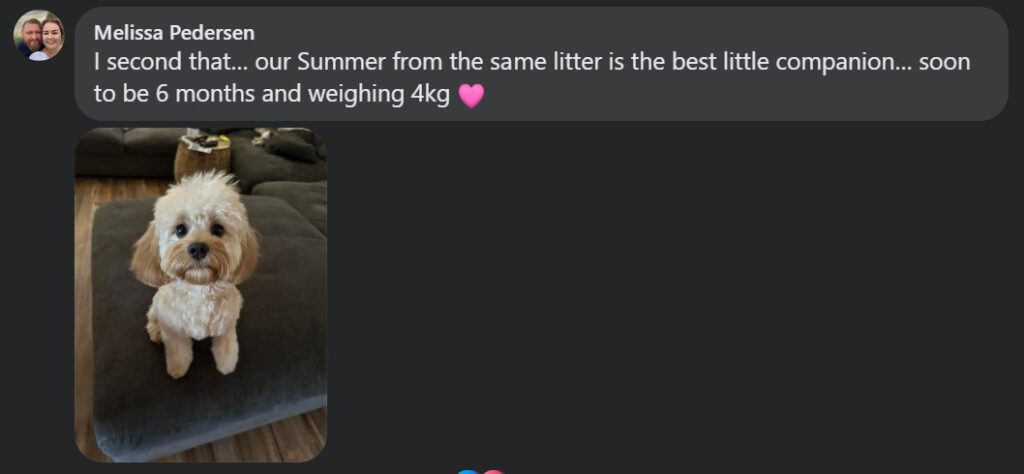
Breeder number
Cavoodles are a great choice for families with children because they are generally intelligent, social, and affectionate breeds. They have a reputation for being patient and gentle with kids, but it’s worth keeping in mind that every Cavoodle is unique, and some may be more tolerant of children than others. To ensure everyone’s safety and comfort, it’s always a good idea to supervise interactions between kids and pets, including the Cavoodle.
Teaching children how to behave around pets and respect their boundaries is important. Children should be taught not to disturb a Cavoodle while they’re eating, sleeping, or using the bathroom. Additionally, reminding children to be gentle with the dog is crucial.
By giving your Cavoodle positive socialization and training and teaching your children how to behave around pets, you can help your Cavoodle and your children get along and become a happy, well-adjusted family.
Cavoodles are a mixed breed of Cavalier King Charles Spaniel and Poodle, and they come in a wide variety of colors. Both of these breeds have coats that come in many different shades, which is why Cavoodles can be found in different coat colors such as
Cavoodles are known for being intelligent, social, and affectionate dogs. They are often good with children and other pets and are suitable for apartment living as well as for families with a yard. Cavoodles tend to have a moderate energy level and do well with moderate exercise, such as daily walks or play sessions.
Cavoodles can be sensitive and may be sensitive to loud noises or sudden movements, so consider this if you have a household with young children who are prone to rough play. It’s important to socialise with Cavoodles from an early age and to provide them with consistent, positive training to help them become well-rounded and well-behaved pets.
Overall, Cavoodles are generally friendly and outgoing dogs that are happy to be around people and other animals. They can make great companion pets for individuals or families who are looking for a loyal, affectionate dog.
DNA testing dogs before breeding is important for several reasons:
By testing your dog before breeding, you can make informed decisions about which dogs to mate, thereby improving the health and well-being of their offspring.
Cavoodles are generally low maintenance and make great pets, particularly for first-time dog owners. However, to keep your Cavoodle happy and healthy, it’s important to follow some basic care tips.
First, make sure your Cavoodle gets regular exercise, such as daily walks or play sessions, as they have a moderate energy level.
Second, grooming your Cavoodle’s coat regularly is important. Those with curly coats may need to be trimmed or shaped by a groomer, while those with wavy coats may only need weekly brushing and combing to prevent tangles.
Third, feed your Cavoodle a high-quality diet to prevent or mitigate any health conditions.
Fourth, keep your Cavoodle’s vaccinations up to date to protect them from preventable diseases.
Lastly, take your Cavoodle to the vet for regular check-ups to catch any potential issues early on.
The frequency of grooming needed for a Cavoodle depends on their coat type. A curly coat may require trimming or shaping every few months, while a wavy coat may only need weekly brushing and combing. It’s also important to check their ears for signs of infection and trim their nails when they become too long.
If you’re unsure about grooming your Cavoodle, consult with a professional groomer or veterinarian for guidance. They can help you learn the best tools and techniques for grooming your Cavoodle correctly.
It’s an age-old debate, but is there really a difference between the sexes of canines that would make them a better pet? We have heard various answers (and even excuses) to that question but it’s greatly affected by who you talk to! A friend who had a bad experience with a male dog may sing the praises of how wonderful her female furry friends are, or family member who had a male dog that was more affectionate than their aloof female may make the claim all females are more snobby and therefore have a biased towards a boy. Our opinion is that in the end we think it really depends on what personality you are looking for in a dog- regardless of sex!
The average lifespan of a Cavoodle is around 12-15 years.
Early Neurological Stimulation (ENS)
Enhanced Development: ENS aims to provide beneficial experiences during the neonatal period (the first few weeks of life) for puppies. By exposing them to specific stimuli during this critical phase, their neurological development is enhanced. This can lead to improved adaptability, resilience, and overall well-being .
Stress Responses: Performing ENS exercises introduces puppies to mild stresses in a controlled manner. This helps improve their stress responses later in life. Essentially, it prepares them to handle stressors more effectively .
Neurological Stimulation: During early life, puppies are uniquely different from adults. Their eyes are closed, and their digestive system is limited, requiring stimulation from their mother for digestion. ENS stimulates their neurological system, promoting healthy growth and development .
Cardiovascular Benefits: ENS has been associated with improved cardiovascular performance, including stronger heartbeats and adrenal glands. Puppies exposed to ENS tend to have greater resistance to disease .
In summary, ENS provides a foundation for healthier puppies by positively influencing their neurological development, stress responses, and overall health.